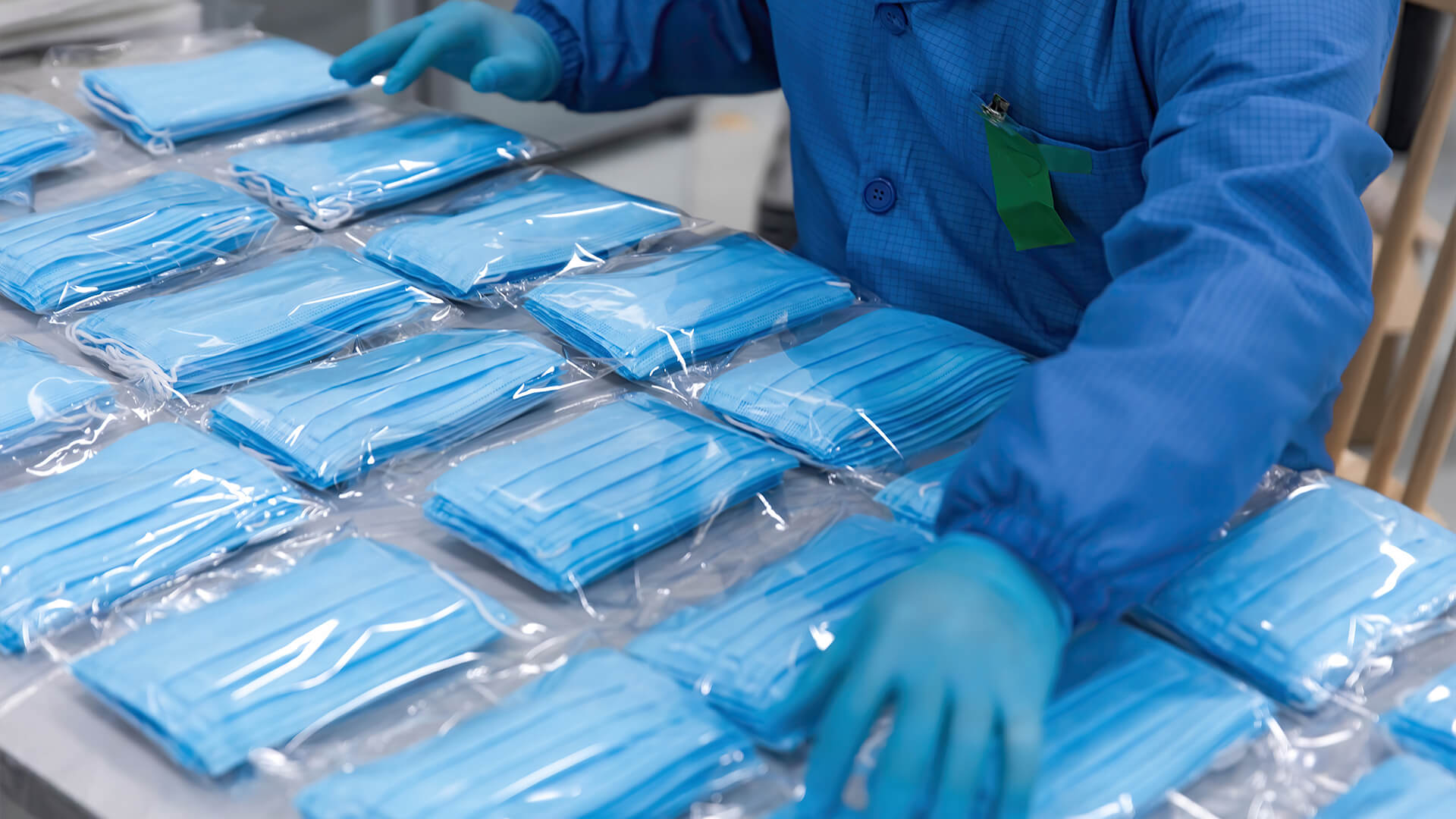Concerns surrounding supply chains have been impossible to ignore during recent months.
The pandemic, and the issues that it has brought with it, has undeniably slowed both national and international trade.
It should come as no surprise that the healthcare supply chain has been at the very centre of the difficulties encountered here in the UK over the course of the past two years, with NHS Trusts scrambling to fulfil demand for PPE, vaccinations, ventilators and more.
Now, more than ever before, the importance of supply chain management is in the public spotlight.
The PPE crisis
At the start of the pandemic, concerns were mostly around personal protective equipment, with the World Health Organization calling on industry and government to increase the manufacture of PPE by at least 40% to meet rising global demands.
There is no denying that the National Health Service struggled. A stark contrast existed between the preparedness of the NHS and the healthcare systems operating in Hong Kong and Singapore.
In 2013, the value of the Department of Health and Social Care’s emergency stockpile sat at £831 million; fast forward to March 2019, one year out from the pandemic, and that same stockpile was £325 million down in value, at £506 million. Subsequently, a report produced in May 2020, a mere two months after the initial lockdown, highlighted that the UK’s healthcare stockpile did not contain gowns, while 75 per cent of the respirators had passed their use-by date, as had half of the surgical masks.
NHS procurement fast became a talking point for many, with the magnitude of spending and the overall approach to healthcare contracting in particular raising eyebrows. The result was widespread criticism aimed at those responsible for healthcare procurement.
The aftermath
Despite a host of criticisms and difficulties encountered by NHS procurement over the course of the pandemic, lessons have been learned and changes have been made.
Investment in the capabilities of domestic manufacturing has undoubtedly been one of the biggest achievements to date. Prior to the pandemic, the UK relied heavily on overseas production – a mere one per cent of PPE, for example, was produced by British manufacturers. By December 2020, that figure had risen to 70 per cent, with then Health and Care Secretary Matt Hancock noting “we have built robust and resilient supply chains from scratch”.
Similarly, a more centralised approach to procurement was secured, with the UK Government and the devolved administrations putting in place a PPE strategy to guarantee at least four months’ reserves of face masks, visors and gowns.
Finally, a robust online healthcare procurement pipeline was developed, having initially been launched back in August 2019. The successful development of this pipeline has helped establish a wider supply chain network featuring more small to medium sized local suppliers.
Beyond PPE
While much of the attention, for good reason, has been focused on issues surrounding PPE, other weak links in the NHS supply chain have been identified. Lately, a global shortage of bottles for blood testing, ligature scissor shortages, a lack of lorry drivers and rising fuel costs have all made the news.
From 26 August to 27 September 2021, NHS England told GPs not to perform blood tests unless critically urgent, as the NHS was suffering from an acute shortage of sample bottles.
With regard to fuel shortages, a British Medical Association survey revealed that seven in ten doctors feared the fuel crisis would impact their ability to work. The BMA warned in early September 2021 that “priority access was crucial to ensure NHS services could continue”.
Solutions required
Regardless of the problem, healthcare procurement needs the confidence of a more stable supply chain. The question is, how best to get one?
Business.org suggests that the first port of call for those looking to improve their supply chain should be a re-evaluation of suppliers.
A healthy supplier relationship cannot be achieved without good lines of communication, reliability and guaranteed speed of response. Good suppliers, according to business.org, are responsive, consistently able to deliver on promises, and capable of rapidly responding to client demands.
Similarly, monitoring the supply chain is essential in ensuring that it remains resilient – if the pandemic has taught us anything, it’s that anticipating what is around the corner, particularly in healthcare, is well-nigh impossible. Keep tabs on inventory levels on a regular basis, implement inventory management solutions, identify any emerging trends, and report on changes as soon as they occur.
As healthcare procurement and the health sector as a whole negotiates another crucial winter period, and with billions of pounds worth of healthcare contracts currently out to tender, it will certainly be interesting to see what happens next. One thing is certain, however; buyers and suppliers alike still face a considerable challenge.

















